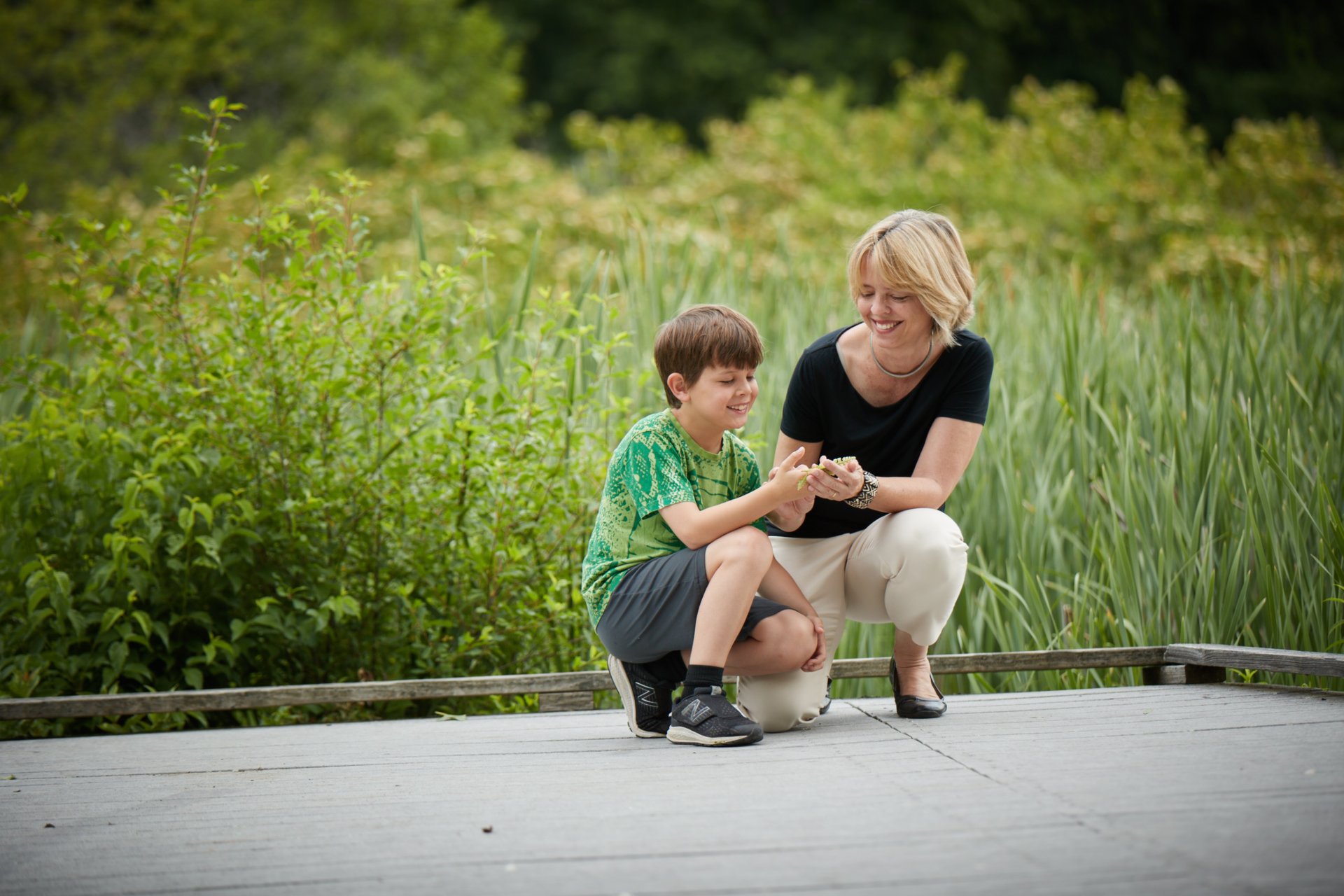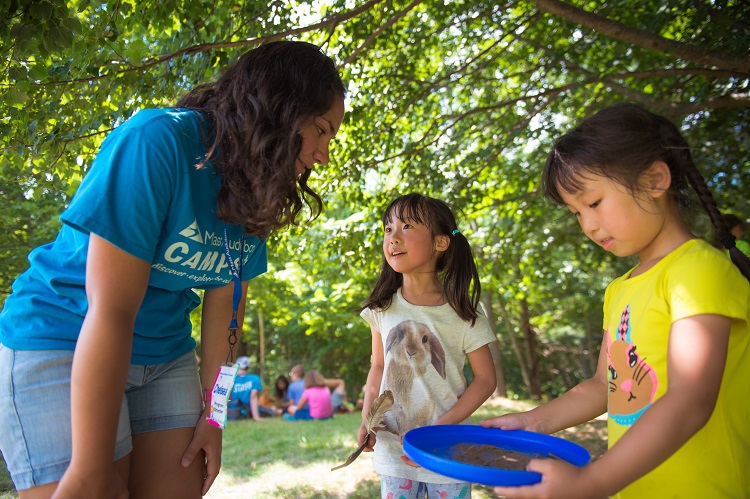How to Talk to Children About Climate Change
January 01, 2021
Talking about climate change empowers us to generate hope and commitment for a brighter future. Here's how to get the most out of these important, intergenerational conversations.
Learn
Solidify your understanding of the basic science underlying climate change and climate impacts. Look for easy-to-understand metaphors, such as explaining the greenhouse gas effect by comparing the atmosphere to a blanket that makes Earth too hot as excess greenhouse gases make it "thicker."
Don't feel like you need to know everything to get started—you and your child can learn together as part of the conversation.
Connect
Next, connect the dots between the abstract idea of climate change and the impacts you can see, here and now. Look for examples based on things you and your child care about, and think about what emotions you can help elicit.
For younger children, this could mean getting outdoors. You might look at which birds show up at your feeder or visit maple trees responsible for yummy syrup as a way to explain that both are directly affected by impacts like warming temperatures and shifting seasons.
Preteens and teens might be ready to engage with what's happening to the broader world around them. That means you can introduce your child to community-related issues such as climate change's public health impacts or disproportionate effect on people of color.
Act
Give children a sense of empowerment by looking for ways to act, and let them know that all of us can make a difference when we work together.
Pick the things you've connected with—be it sea turtles or butterflies—and do more research! Then take what you've learned through books, articles, or real-time observations, and spread it to your friends, your family members, and your community to inspire others toward action. You can also seek out ways to be part of the collective action by writing letters to your elected officials or connecting with local change-makers.
Most importantly, keep the conversations open-ended and ongoing so that you have continued opportunities to learn, grow, and increase your stake in our collective climate fight.
This article was featured in the Winter 2021 issue of Explore, our quarterly magazine for members.




